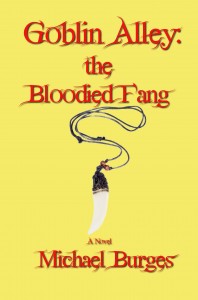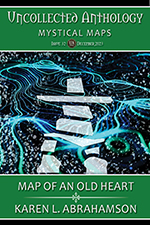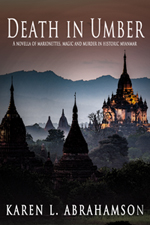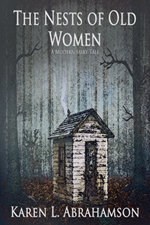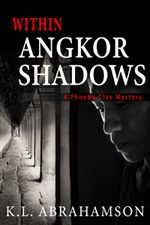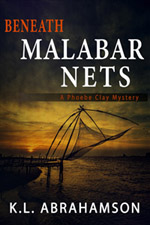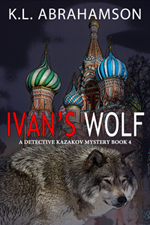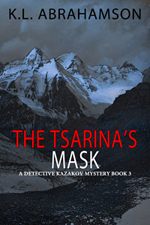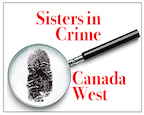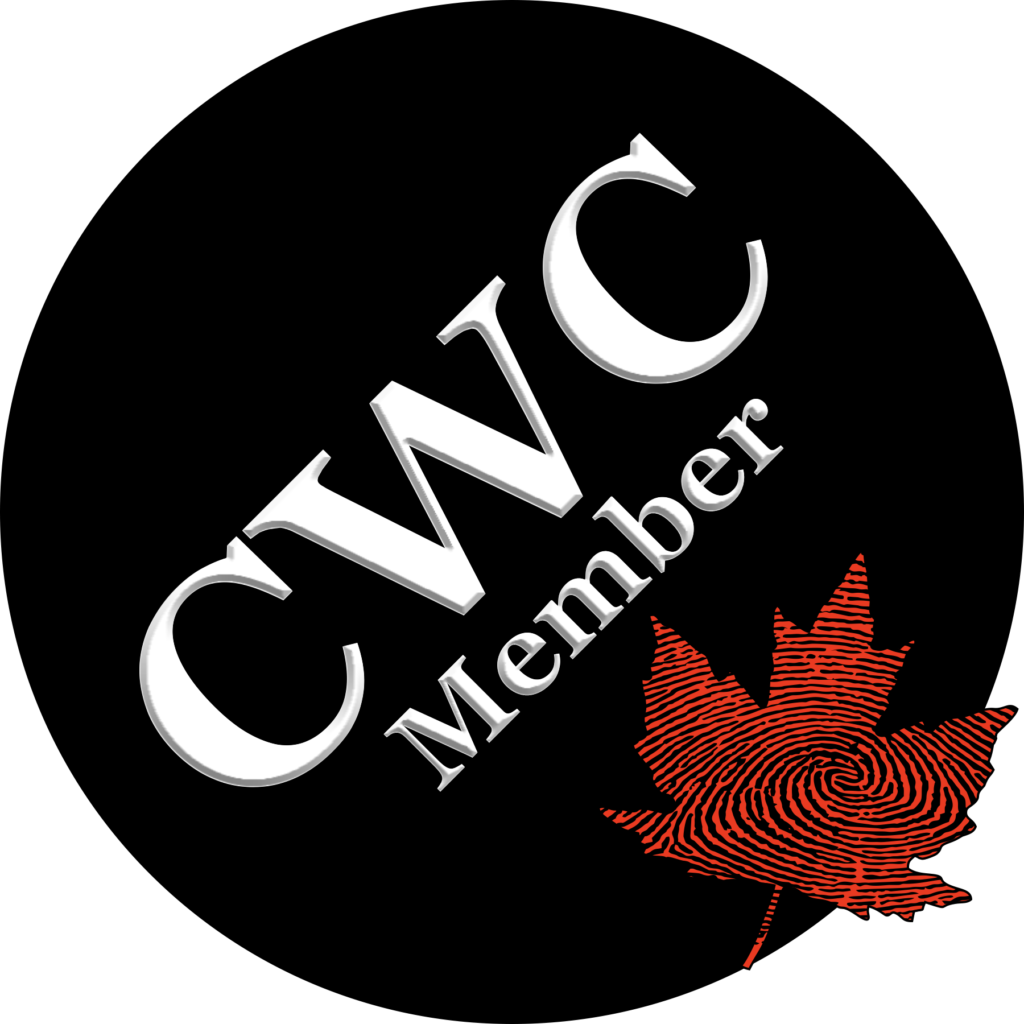That Research Thing
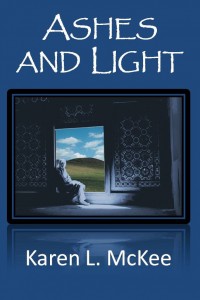 Readers of my books set in Afghanistan or Portugal and Burma often ask me how I got the details right. Of course the answer is research, and in all truth I can’t say that I got all the details right, but for me to write I have to have a sense that I have enough knowledge of the place and the culture to write it correctly, or as close to correctly, as I know how. Same goes for a particular time period or a specific piece of technical knowledge. This blog is about how I go about building the knowledge so that when I sit down to write it flows out of my hands.
Readers of my books set in Afghanistan or Portugal and Burma often ask me how I got the details right. Of course the answer is research, and in all truth I can’t say that I got all the details right, but for me to write I have to have a sense that I have enough knowledge of the place and the culture to write it correctly, or as close to correctly, as I know how. Same goes for a particular time period or a specific piece of technical knowledge. This blog is about how I go about building the knowledge so that when I sit down to write it flows out of my hands.
1. Reading: I read about what I want to write about. I read fiction that gives me a flavor of how other people write about a location. I read non-fiction accounts, memoirs, biographies and histories. These both allow me to pick up the nuggets these writers gleaned about the place or culture. I’ll pick up cheap coffee table books from remainder tables at book stores just so I can look at the photos. This often fuels my sense of place. I haunt the history and geography sections of used book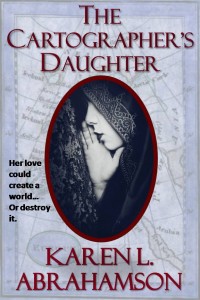 stores like Powell’s to find relevant writing about the place or timeframe, like for 1400’s Portugal for my upcoming book, The Cartographer’s Daughter. I’ll read the coffee table book if something captures my imagination. For example, I was living in Thailand and saw a small coffee-table book about Burmese Puppets. I picked it up and what I read spurred me to want to write a story about the puppets – I know, it’s a ridiculously esoteric subject – but I read that book from cover to cover and used it as a jumping off place to identify other information I needed to know.
stores like Powell’s to find relevant writing about the place or timeframe, like for 1400’s Portugal for my upcoming book, The Cartographer’s Daughter. I’ll read the coffee table book if something captures my imagination. For example, I was living in Thailand and saw a small coffee-table book about Burmese Puppets. I picked it up and what I read spurred me to want to write a story about the puppets – I know, it’s a ridiculously esoteric subject – but I read that book from cover to cover and used it as a jumping off place to identify other information I needed to know.
2. Maps: I’m a huge fan of maps. Maps give a me a sense of location and perspective. I recall traipsing around Venice, and it was the maps with the bird’s eye view that I first looked at when I arrived, that stopped me from ever getting totally lost in the maze of streets, canals and alleys. The same map put into perspective where Marco Polo’s house was and how that location within Venice might impact his view of the world. Maps let you identify potentialities in the location and they also show specific locations for events in your stories. Maps, I find, are an inspiration.
This is especially the case in writing historical stories, because maps not only show you the landscape back then, but they also tell you a lot about the culture, belief system and world view of the people. I’ll talk more about maps in a later blog.
Similar to historical fiction, when the story is a fantasy set in a fantasy landscape, I make maps up. Knowing where things are located and having place names in your head, allows you to build histories around those landscapes which are so important to making fantastical places real. It also forces you to think how long it would take to get from point A to B and about how the landscape would impact the characters who live or travel there.
3. Talking to people: Talking to people who are experts in their fields can help to get the details right. It can also be a source of inspiration with those odd facts that are so obvious to the experts, but no one else is aware of. These are jewels for writers, because they let readers in on the secret language of whatever this specialty is.
When I was writing about the Burmese puppets I had the good fortune to travel in Burma(Myanmar) and made a point of going to every puppet show in every 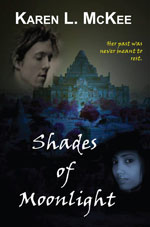 town I travelled through. I made arrangements to interview the owner of one of the shows in Mandalay who spoke moderately good English and he referred me on to another man who made the puppets. It turned out this kind man was an ex-surgeon and spoke excellent English. He had been instrumental in providing information to anthropologists doing research on the puppets and kindly showed me how they were made, demonstrated some of them for me and even gave me a precious manuscript he had received from the anthropologists so that I could photocopy it for myself. You have to understand that at the time Burma was almost a closed country and that he was taking a risk even talking to me, a writer. Those items I treasure to this day and those unbound pages still have a place of honor on my bookshelves. They were also critical to a couple of fantasies and Karen L. McKee’s Paranormal Romance, Shades of Moonlight.
town I travelled through. I made arrangements to interview the owner of one of the shows in Mandalay who spoke moderately good English and he referred me on to another man who made the puppets. It turned out this kind man was an ex-surgeon and spoke excellent English. He had been instrumental in providing information to anthropologists doing research on the puppets and kindly showed me how they were made, demonstrated some of them for me and even gave me a precious manuscript he had received from the anthropologists so that I could photocopy it for myself. You have to understand that at the time Burma was almost a closed country and that he was taking a risk even talking to me, a writer. Those items I treasure to this day and those unbound pages still have a place of honor on my bookshelves. They were also critical to a couple of fantasies and Karen L. McKee’s Paranormal Romance, Shades of Moonlight.
If you can’t talk to the people, you might be able to get in touch via e-mail. When I was writing my Afghan novel I was in touch with past foreign correspondents, and members of the military that friends helped me locate.
Writing about other cultures, it’s also important to talk to people of that culture. For my Afghanistan book I spent a number of coffee and lunches interviewing a lovely Afghani woman who was brave and interested enough to talk to me about woman in her culture, about her faith and about what was happening in her country, as well attitudes amongst her people towards the foreigners ‘liberating’ her country. These attitudes shaped my characters. She also provided me with small phrases and legends that are common in her country. These are also gold because they allow you to build in the real words and beliefs of the people.
4. Old Newspapers: If you are writing about a historical period where there were newspapers, or you are writing about another part of the world and can get newspapers in a language you can read from that time period, this can be an invaluable way to get a sense of the background events that were occurring in the location at the time you are writing about. Nowadays many major newspapers have their archives available on line. Reading the old papers can also spur inspiration regarding events that are reported and how your characters might have been involved or touched by the event, and can also give you a sense of fashion and language used ‘back in the day’. For example, a story about how bats had taken over the old Regina City library back in the 1920s led to an opening chapter of the first adult novel I ever wrote.
5. Library and Internet research: Having a local librarian as an ally can be a boon, because a librarian can suggest you try looking at books in areas you might not have even thought of. University libraries are also superb resources. When I was writing about Burma I wanted a specific book about the magic systems and the animistic spirit worship. There’s been very little written on the subject at the time, but there was one fairly comprehensive anthropological study. I found the book (a very old, falling apart version) and ended up photocopying the whole thing so I could have it available as a resource.
The internet can be helpful in finding old journals and photos of locations taken by other travelers. Blogs can be a wonderful source of information, both about the place and about the traveler’s reactions to it. I used old articles in The Economist and old travel journals about a very rough ride through northern Afghanistan to bring realism to my novel set in that country.
6. Travel: I try to travel every few years and I don’t go to resorts and I don’t do tours. I go to places I think I might want to write about and I spend my time poking around the back streets and absorbing the feel of the place. I spend time talking to people to get a sense of people’s attitudes. I’ll sit in a park and let people come to me. I talk to waiters and taxi drivers and vendors on the street – often with very limited communication skills because we speak different languages, but enough to get a sense of small bits of their realities—like the

woman who worked in one city in Peru, but who had left her children behind in another city because there was better money to be earned where she was – a hard economic choice the country’s situation had forced on her.
Before I travel I think about where I want to go and what I want to see and a plan a general itinerary around that, but I also let fate take me where it will. There have been times when a chance meeting, or a wander off the beaten path, has allowed me to find something wonderful that takes the potential writing in a whole new direction.
So research for writing isn’t so much simply gathering facts and then writing about them, it’s about immersing yourself in a location or situation (even if you’ve never been there), so that when you sit down to write the place itself inspires what you are writing. I recall my Afghan book as one of the most difficult books I have ever written. Why? Because I had so many false starts on the book. I would start and get a chapter in and realize I wasn’t ready to write that story yet because I wasn’t filled with the sense of place and the culture. So I kept on researching and wrote other books and then one day I sat down and the book poured out wiht all the wonderful details in just the right places. And yes, there are probably errors in the book, because in a war-torn country there are places so remote that you just can’t get the information. So you know what? There are things in that book that arose purely from my imagination.
Because it’s fiction, folks. Remember that. Fiction.


